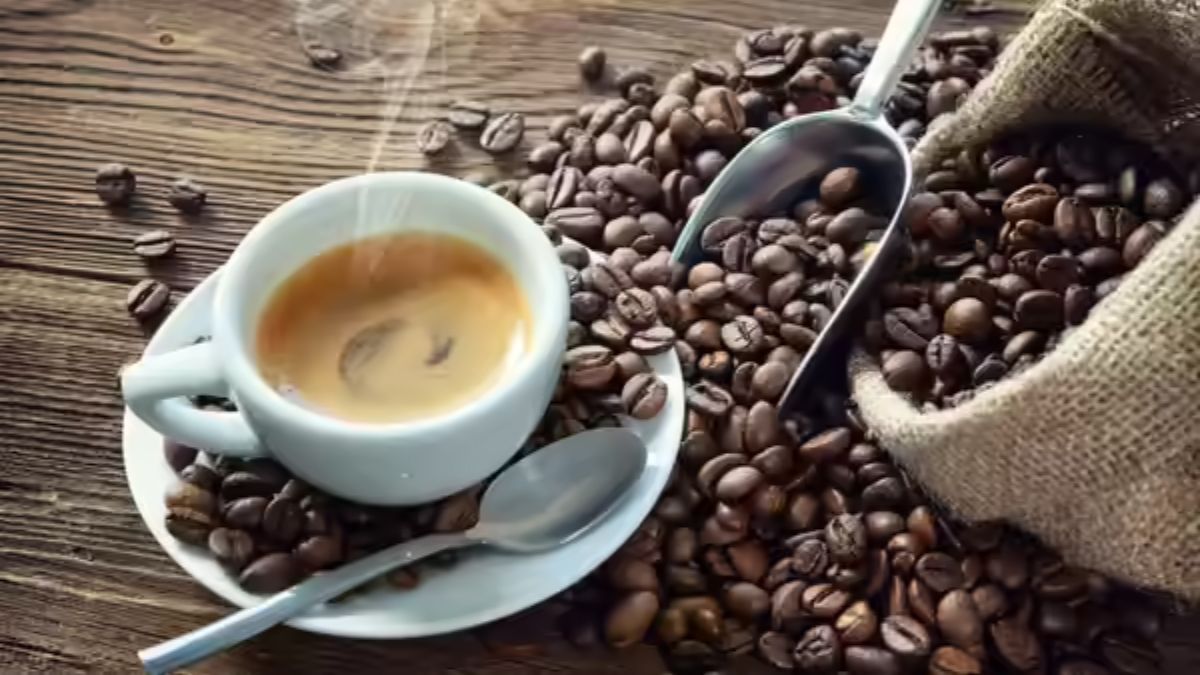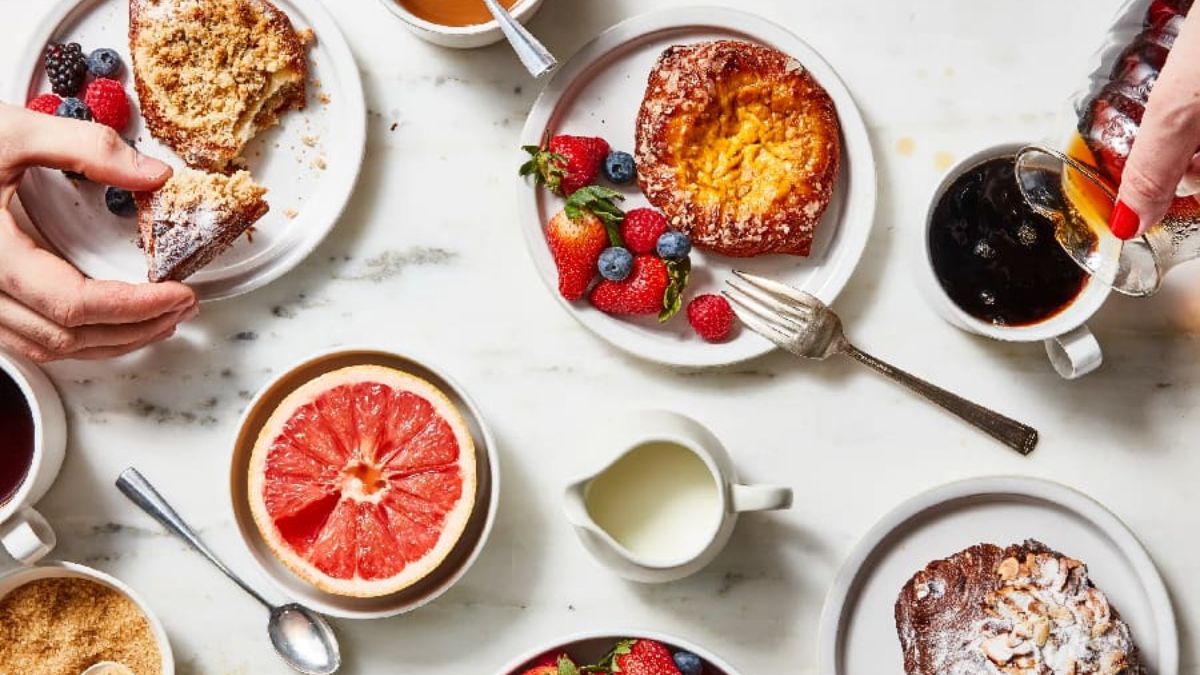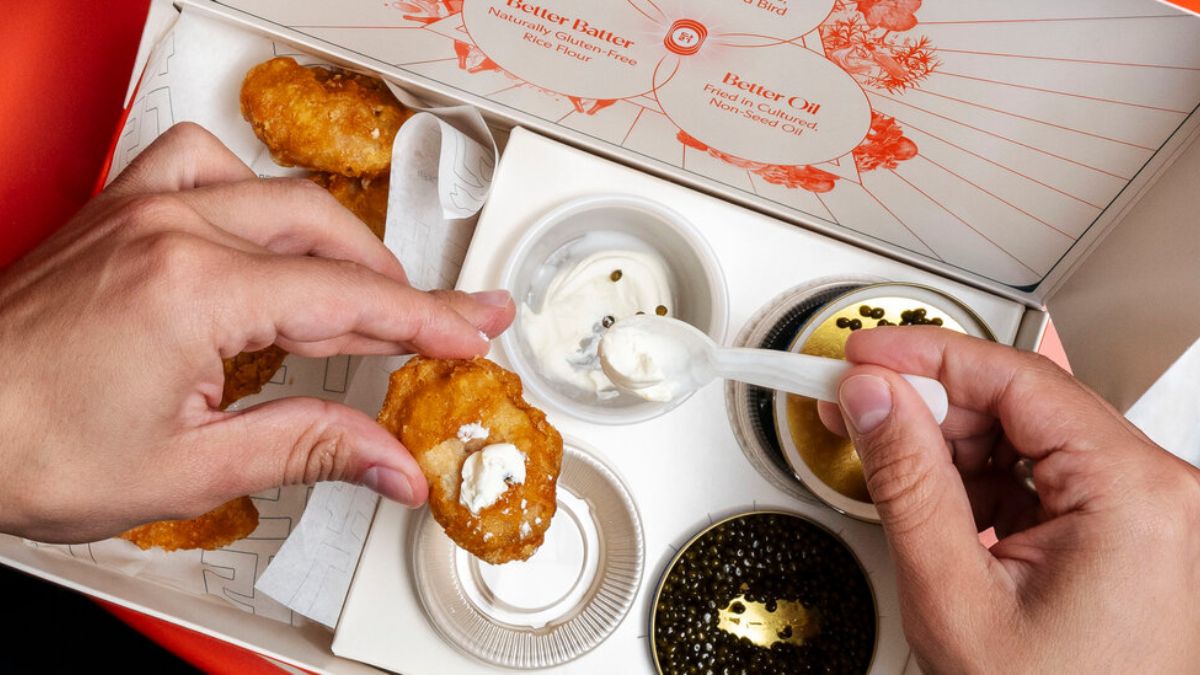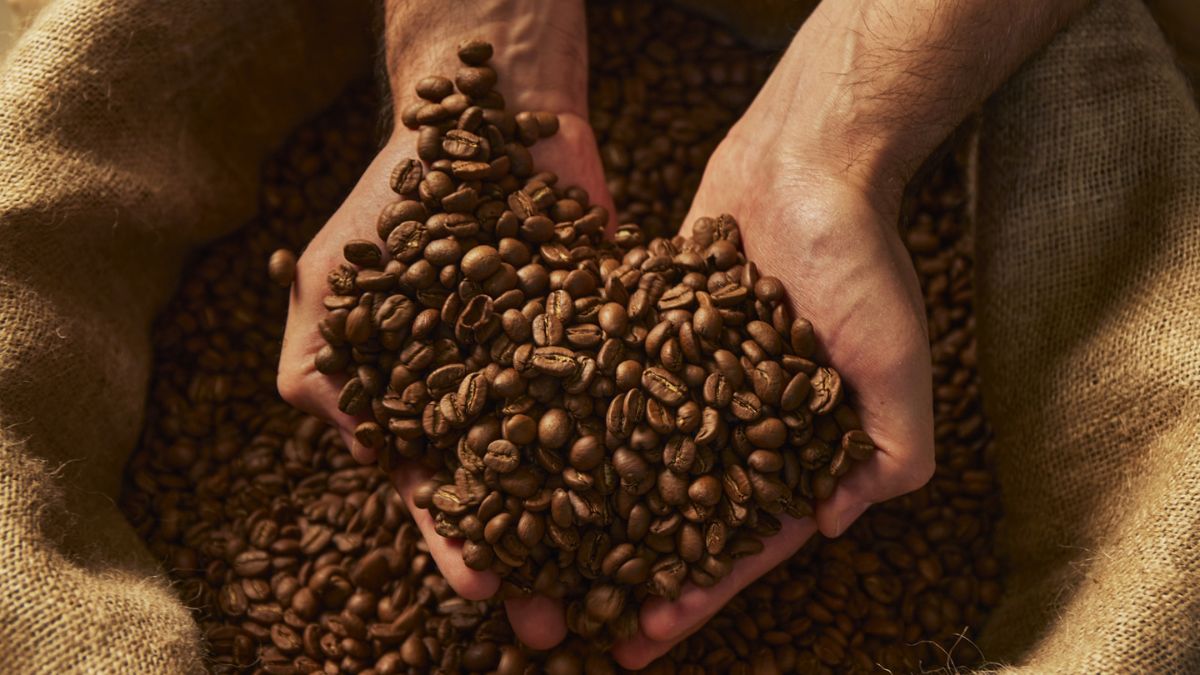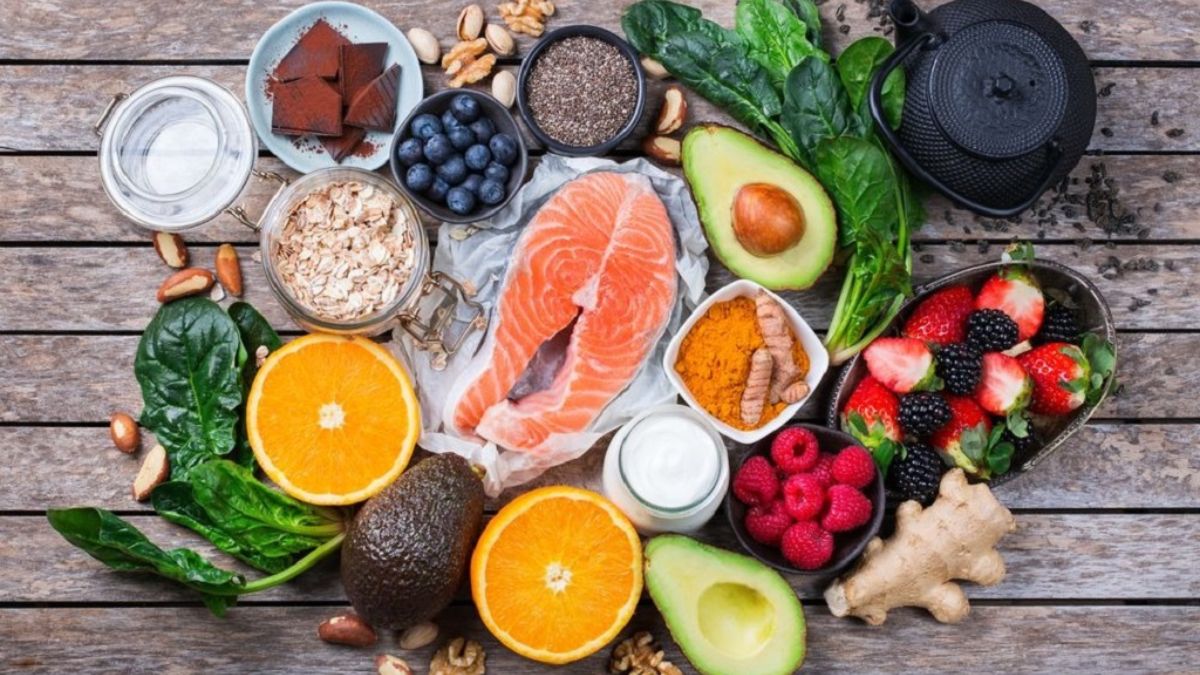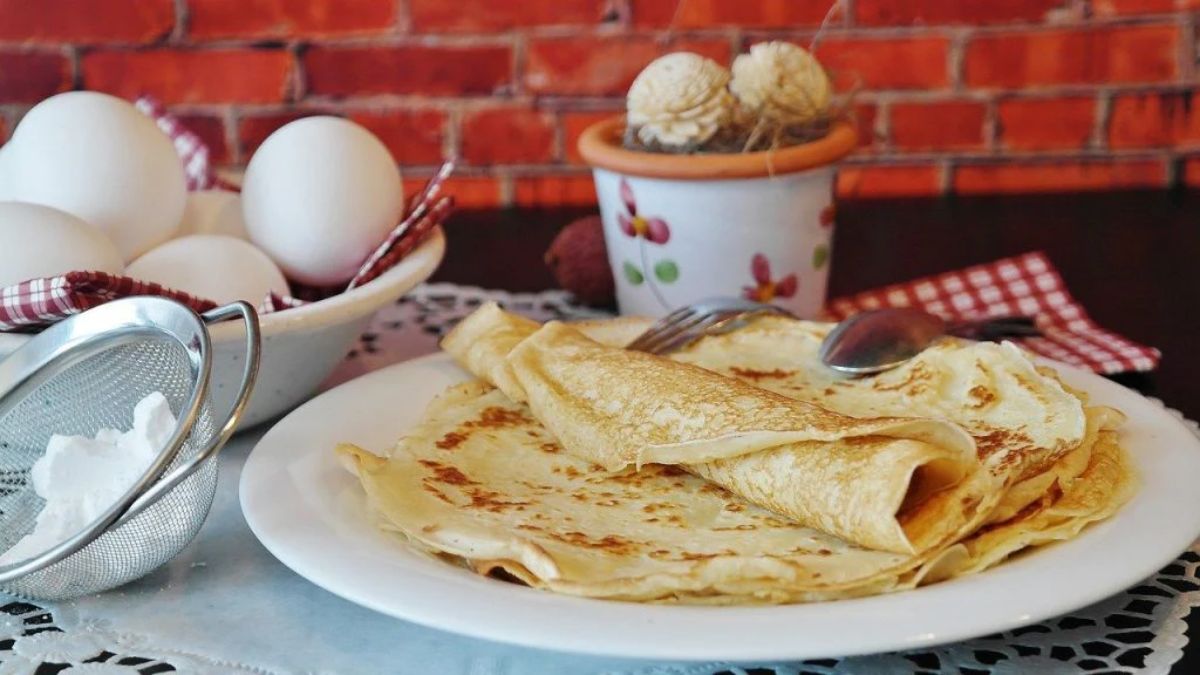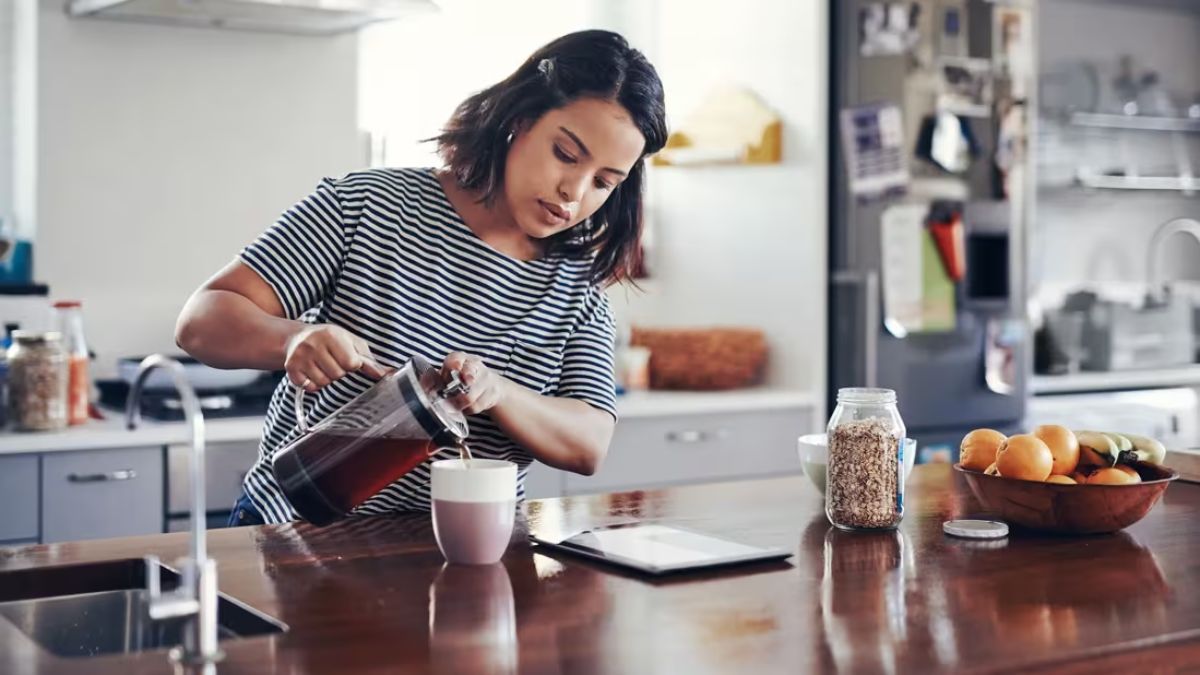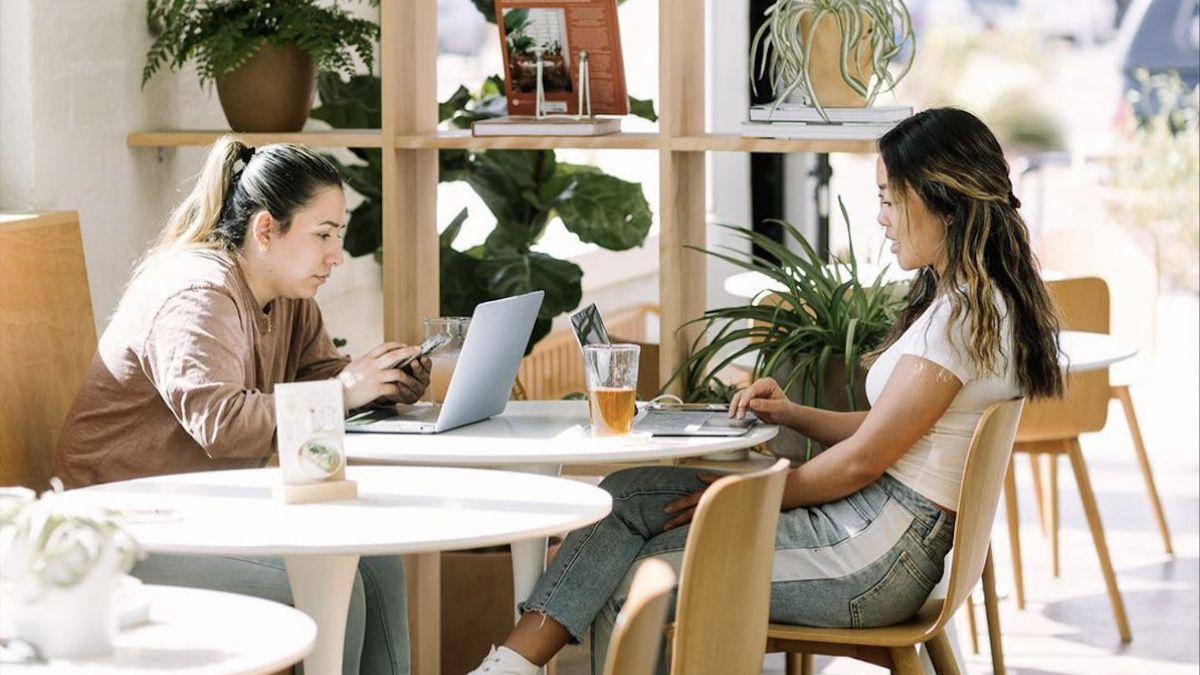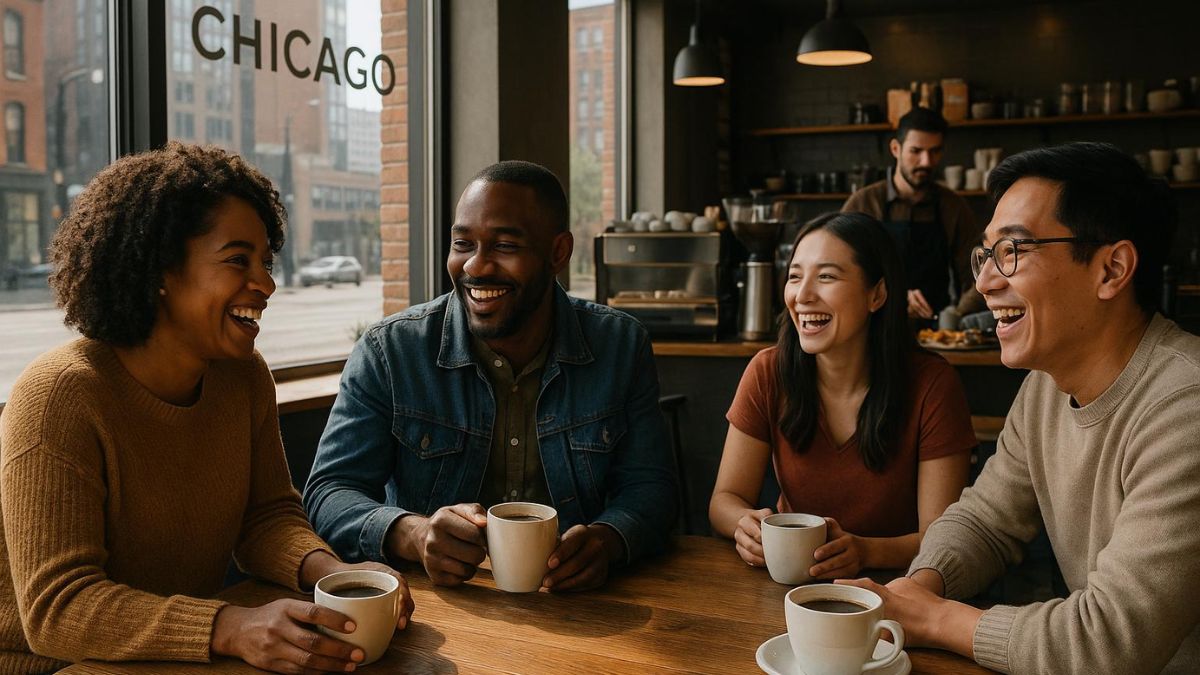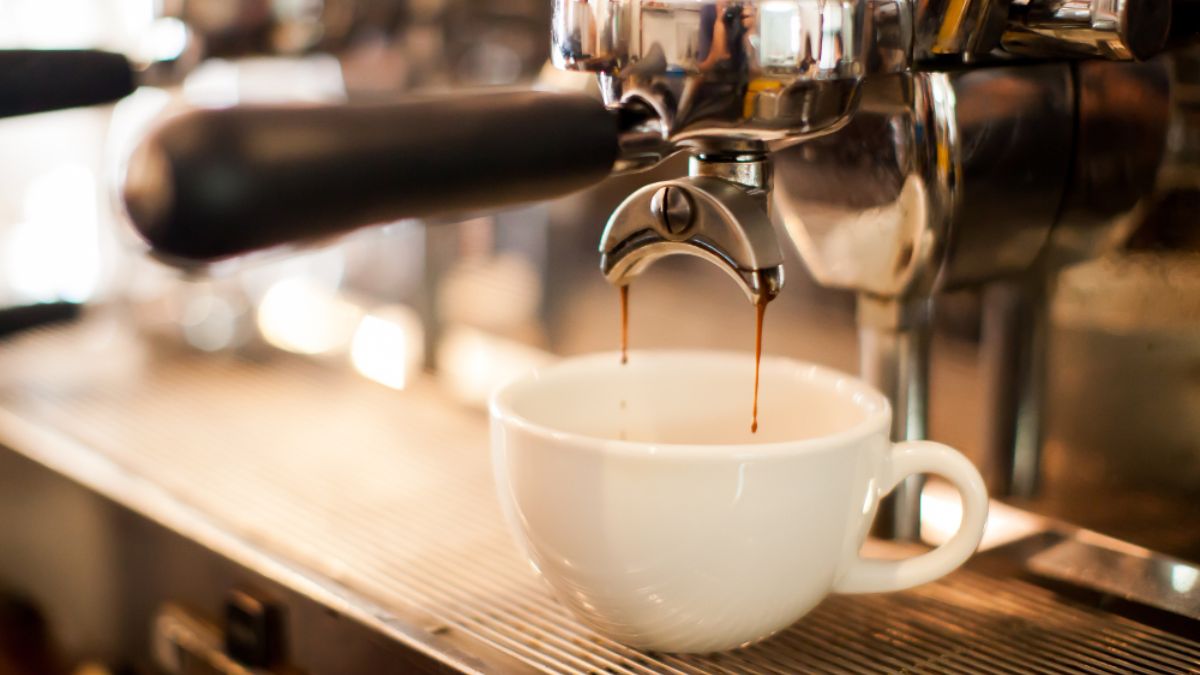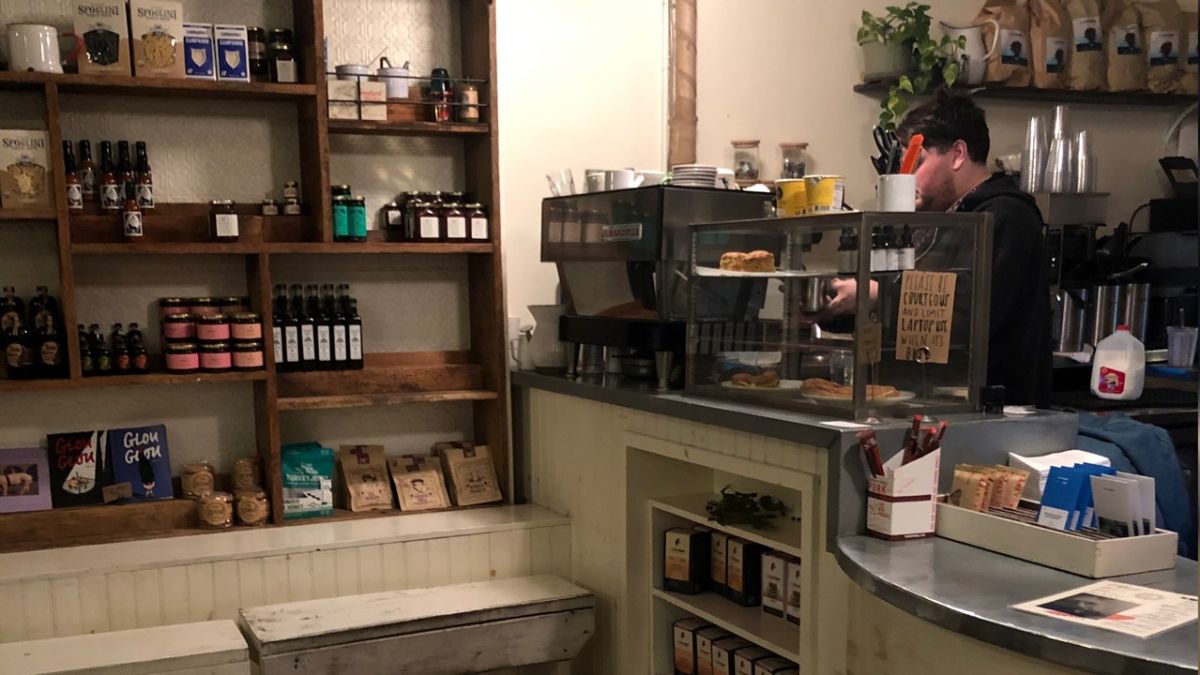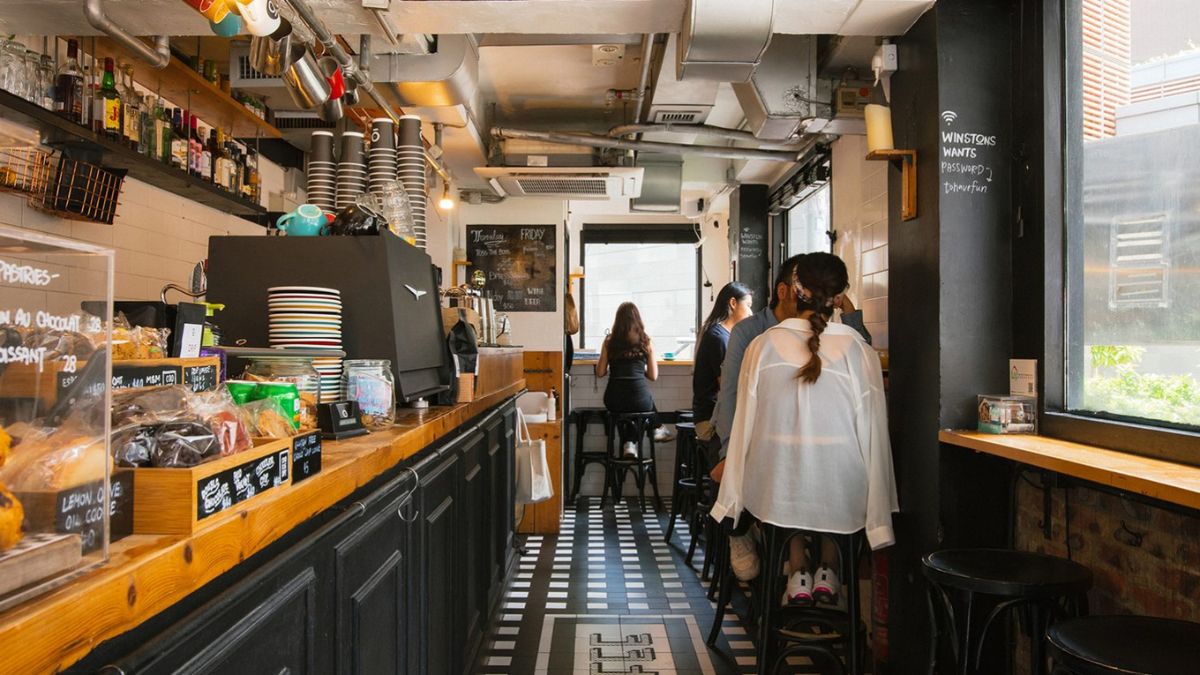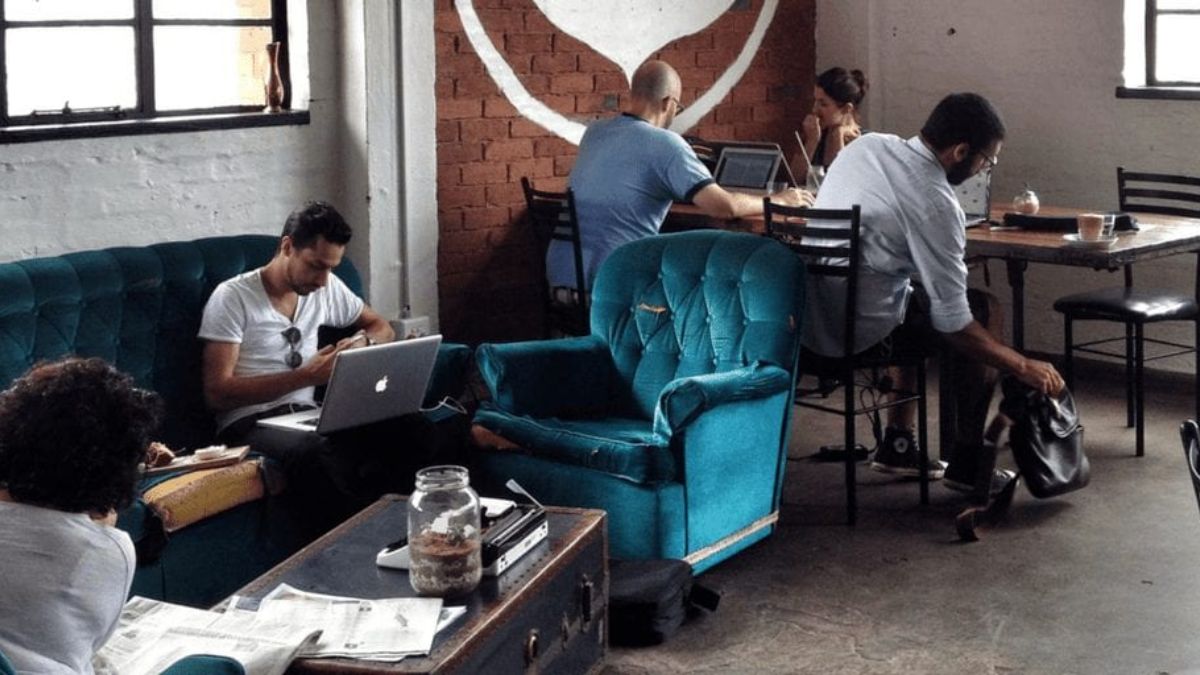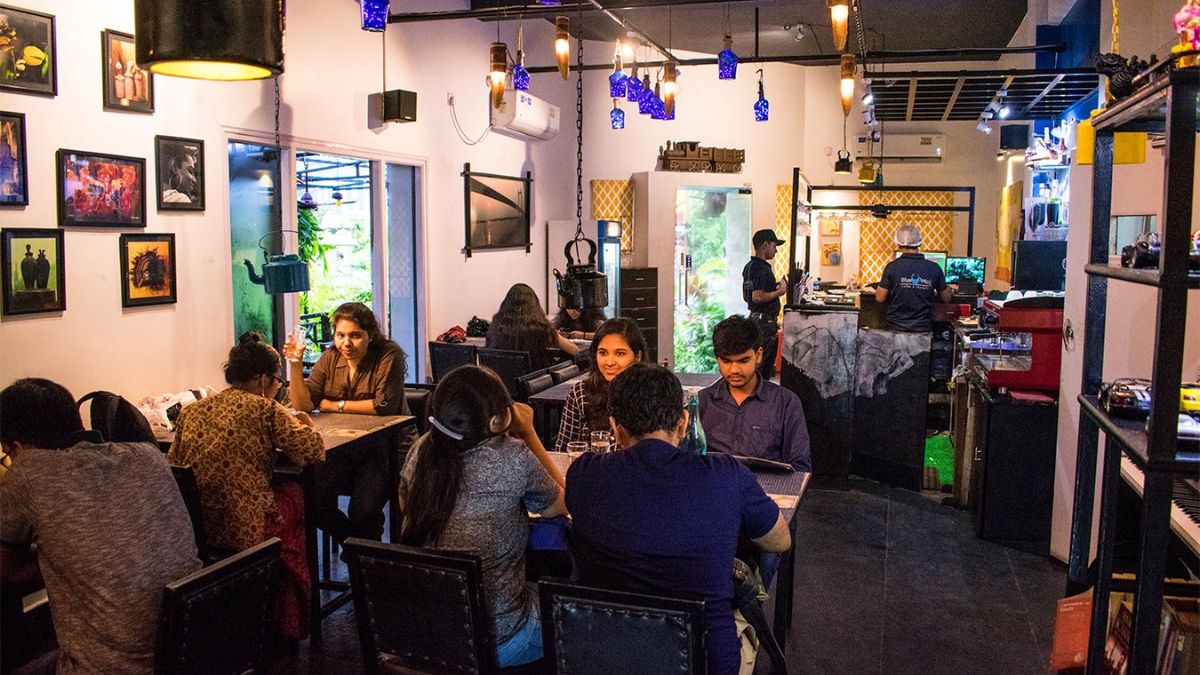That first sip of coffee in the morning? It’s not just a routine—it’s a feeling. Warm, comforting, energizing. But why does it actually make you feel happier? Turns out, there’s real science behind the mood-boosting magic of coffee. It’s not just in your head—well, it is in your head, literally. Let’s break down how your daily cup of joe works like a mini mood-lifter.
Caffeine
At the center of it all is caffeine. It’s the active ingredient in coffee that gives you that wake-up kick. When you drink coffee, caffeine blocks something called adenosine—a brain chemical that makes you feel sleepy. With adenosine out of the way, other chemicals like dopamine and norepinephrine get to shine.
And dopamine? That’s your brain’s “feel good” chemical. It’s the same one that gets triggered when you hear your favorite song or get a compliment. More dopamine = better mood.
Dopamine
So, what exactly does dopamine do? Think of it like your brain’s reward system. It helps you feel pleasure, motivation, and satisfaction. When caffeine blocks adenosine, your brain releases more dopamine, giving you that boost of mental clarity and a subtle feeling of joy.
This is one of the reasons why coffee drinkers often feel more focused, more energized, and yes—happier—after their cup.
Antioxidants
Here’s something most people don’t realize: coffee is one of the biggest sources of antioxidants in the modern diet. These antioxidants fight inflammation and oxidative stress, both of which are linked to mood disorders like anxiety and depression.
By drinking coffee, you’re not just waking up your brain—you’re also giving your body a little extra help in fighting off the bad stuff that can weigh you down physically and mentally.
Ritual
Happiness isn’t just about chemicals—it’s also about habits. The act of brewing a cup of coffee, holding a warm mug, and taking a quiet moment in the morning can become a grounding ritual. It’s a pause, a signal to your brain that the day is starting.
Routines like this help create structure and a sense of control, which is proven to boost emotional wellbeing. So even if you stripped away the caffeine, the act of drinking coffee still holds some mental health benefits.
Social
Coffee is social glue. It’s the drink we grab with friends, coworkers, or on first dates. It’s an excuse to meet up, talk, and connect. And social interaction plays a huge role in happiness.
When you’re sipping coffee in a cozy café or laughing over a cappuccino with a friend, you’re also getting a dose of oxytocin—the “bonding hormone.” That’s a natural emotional lift all on its own.
Moderate
Before you go brewing your fifth cup of the day, here’s a key thing: balance. Too much caffeine can actually cause anxiety, jitteriness, or even sleep issues—all of which can mess with your mood.
Experts say around 300 to 400 mg of caffeine a day (roughly 3 to 4 cups of brewed coffee) is the sweet spot for most adults. Listen to your body. If you start feeling off, it might be time to slow down or switch to decaf in the afternoon.
Here’s a quick breakdown of the happy effects of coffee:
| Effect | Why It Happens |
|---|---|
| Boosts dopamine | Blocks adenosine, increases pleasure |
| Fights stress | Rich in antioxidants |
| Improves focus | Enhances brain activity |
| Builds routine | Creates calming, happy habits |
| Encourages connection | Supports social bonding |
So yes, coffee makes you feel happy—and it’s not just your imagination. From brain chemistry to social rituals, it plays a multi-layered role in your mood. Just remember, like anything good, it works best in moderation. So sip slowly, savor the moment, and let your cup of coffee do its thing.
FAQs
Why does coffee improve mood?
Caffeine boosts dopamine, the brain’s feel-good chemical.
Does coffee reduce stress?
Yes, thanks to its antioxidants that lower inflammation.
How much coffee is too much?
More than 4 cups daily may cause anxiety or jitters.
Is decaf coffee mood-boosting?
It can be, mainly due to ritual and warmth, not caffeine.
Is coffee addictive?
It can be mildly addictive due to caffeine dependency.

